Grief in a Time of Pandemic
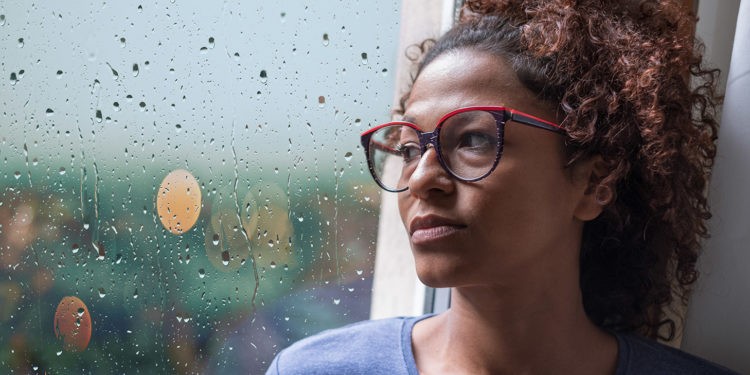
Story by Wanda Kelsey-Mendez
Grief is one of our most fundamental emotions. From the first moments of life, we cry to feel better and to release emotion. We come together in families and in the community to comfort each other in our grief. The closeness of friends and families is a comfort in our times of sorrow.
Early in the pandemic, it was clear that traditional gatherings for remembrance were becoming untenable. Memorial service gatherings could spread the virus quickly. Families struggled to help their loved ones and themselves grieve, kept apart from the family gatherings, services, and human touch that helped them survive their dark hours. It was going to take more than just Zoom funerals to help people heal.
Kansas City Hospice already had a very robust set of grief programs. But, it became clear that the methods of interaction and delivery would need to change drastically to not only keep grief support specialists, volunteers, and families safe, but to ensure meaningful care and support for those facing the additional complexities of sudden loss and grief while physically isolating from one another.
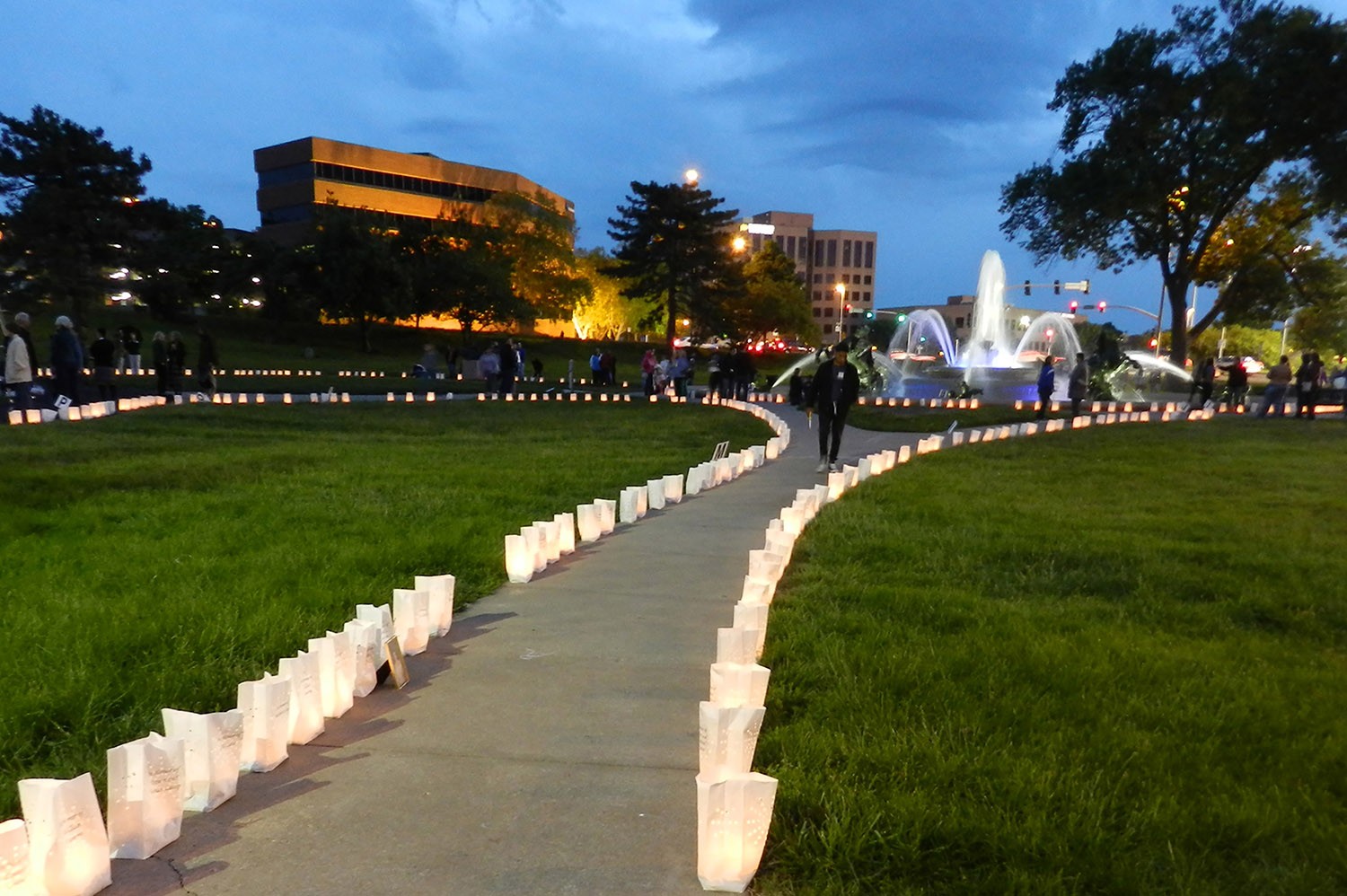
Circle of Lights: A Ceremony of Remembrance – In a traditional year, without the specter of Covid-19, more than 1,000 luminaries line the sidewalks of Mill Creek Park as the sun sets on the Tuesday before Memorial Day. As candles flicker in remembrance of loved ones, hundreds of people gather together for an interdenominational service with the beautiful fountain that is Kansas City’s signature landmark sparkling in the background.
In Spring of 2020, Kansas City Hospice made the heartwrenching decision to cancel the live event and present a virtual version, and the result exceeded expectations in every way. With physical luminaries no longer an option – but with a meaning as clear as ever – staff worked with KC Web Specialists to create an online candle-lighting experience. Users “lit” a virtual candle and were able to add a meaningful memory about their loved one. Though it is difficult to know total attendance, more than 700 households tuned in across the country. Families were thrilled that the event not only happened at a time when so many others were being canceled, but that it was still able to capture the solemn yet hopeful feeling of remembrance that makes it so meaningful. Many noted how much they appreciated having access to it afterward and what it meant to them to see their loved one’s name on the screen. Plans for the next Circle of Lights on May 25, 2021 are underway. Whether in person or virtually, or by a combination of both, the public will be invited to join in this ceremony of remembrance. Look for details at KCHospice.org/Circle
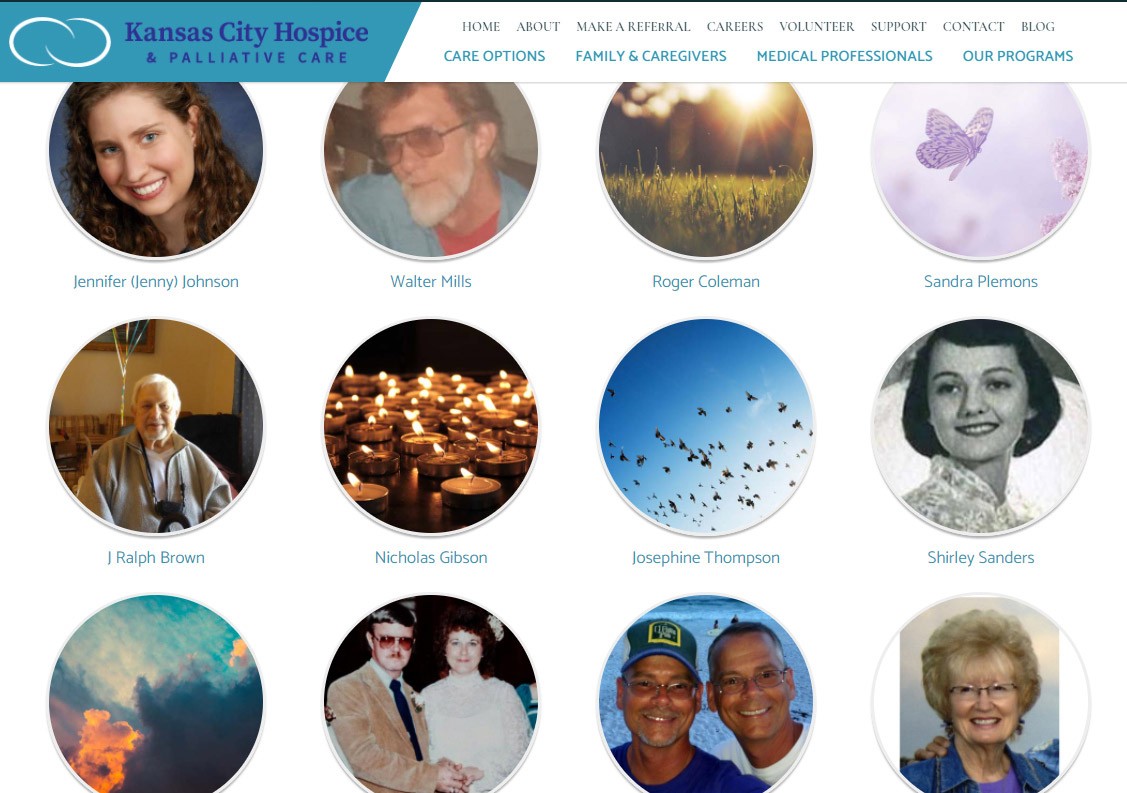
In Remembrance – To augment Circle of Lights, Kansas City Hospice launched “In Remembrance”, an online memorial program offered at no cost to the community. In Remembrance allows users to memorialize their family members, post photos, set up a simple family tree, and share with their extended family. Those in hospice care can even set up their own legacy page to share memories they wish to leave with family and friends. KCH chaplains, social workers, and grief support specialists were trained to assist patients and families in setting up these virtual remembrances. In Remembrance is available in English, Spanish, and French, with Spanish language links on the KCH website. View at KCHospice.org/In-Remembrance
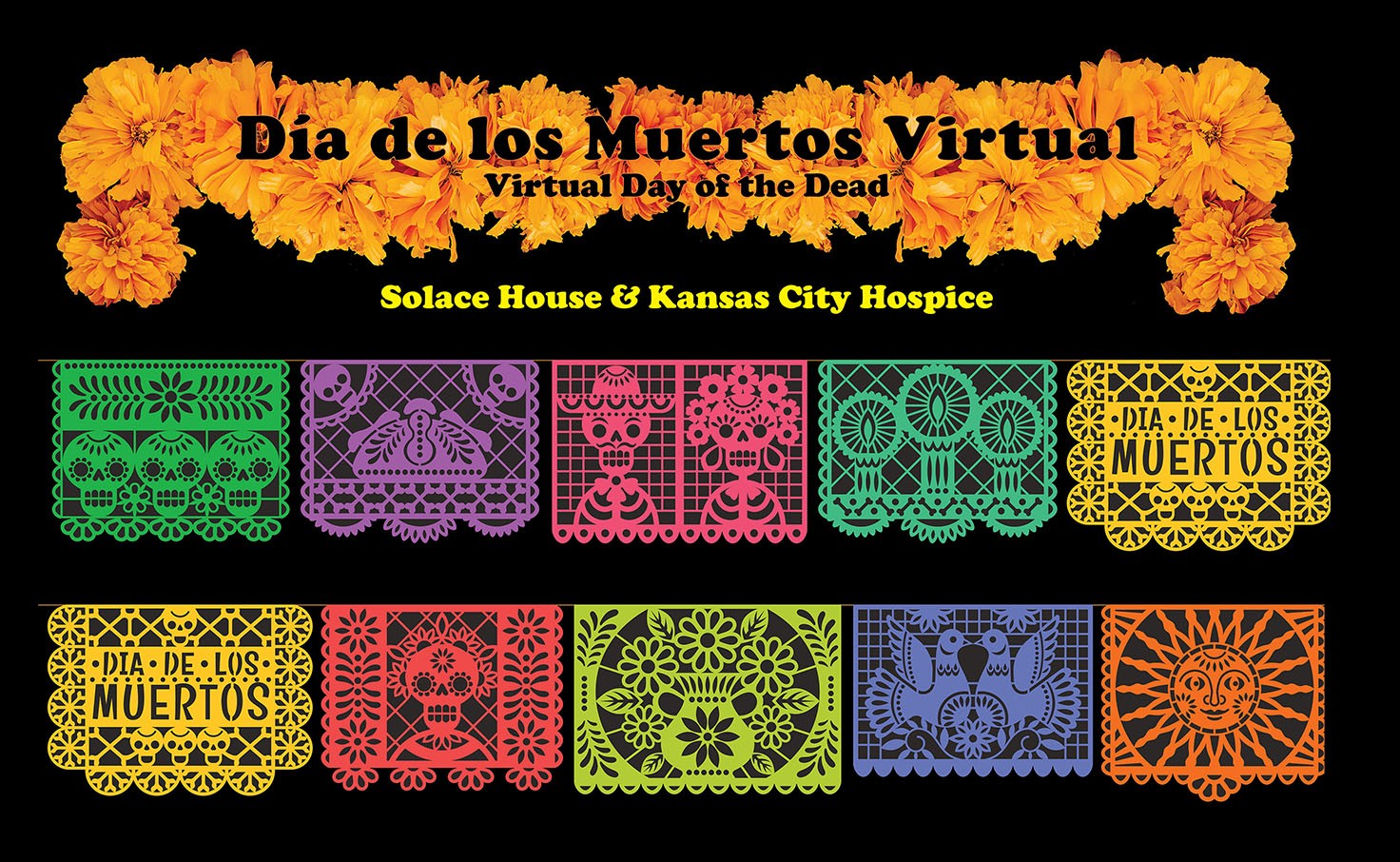
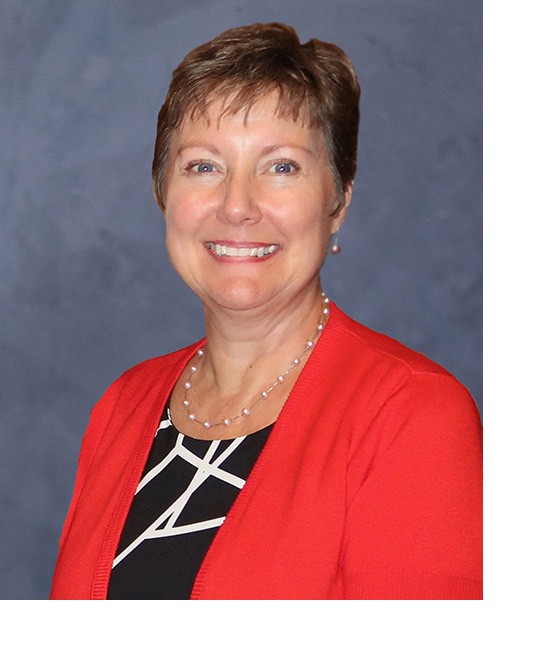 Day of the Dead (Dia de los Muertos) – Long-standing traditions and cultural differences in the approach to death and dying for the Latinx community became even more pronounced once social distancing became the norm. “Our bilingual grief support specialist was instrumental in pointing out the severe impact on Latinx families in Kansas City,” relates Lisa Templeton-Farmer, Director of Grief Programs at Kansas City Hospice. “The large family gatherings that comforted families pre-Covid-19 had to suddenly go on hiatus.” For Day of the Dead, Kansas City Hospice created an online ofrenda (altar) for families to light candles as a virtual Dia de los Muertos celebration. Traditionally, Day of the Dead is a family gathering more like Memorial Day than a funeral. Sharing photos and stories keeps memories alive while food and festivities nourish the souls of the living. The bilingual format can be seen at KCHospice.org/Day-of-the-Dead
Day of the Dead (Dia de los Muertos) – Long-standing traditions and cultural differences in the approach to death and dying for the Latinx community became even more pronounced once social distancing became the norm. “Our bilingual grief support specialist was instrumental in pointing out the severe impact on Latinx families in Kansas City,” relates Lisa Templeton-Farmer, Director of Grief Programs at Kansas City Hospice. “The large family gatherings that comforted families pre-Covid-19 had to suddenly go on hiatus.” For Day of the Dead, Kansas City Hospice created an online ofrenda (altar) for families to light candles as a virtual Dia de los Muertos celebration. Traditionally, Day of the Dead is a family gathering more like Memorial Day than a funeral. Sharing photos and stories keeps memories alive while food and festivities nourish the souls of the living. The bilingual format can be seen at KCHospice.org/Day-of-the-Dead

Teleheath and Virtual Grief Support Groups – Most in-person grief support ended very quickly in March 2020. The team of KCH grief support specialists had to pivot to providing support by phone. They were almost overwhelmed with families in need of extra support as they navigated the additional challenges of grief in a pandemic. The skyrocketing number of individuals requesting grief services led to the development of an innovative private online platform with more than 800 two-way visual grief sessions in 2020 alone.
Passages Mental Health Counseling is offered when the stress of serious illness on a family brings up more intense psycho-social issues, and to people experiencing complicated grief, trauma, or sudden loss. Switching swiftly to teleheath, Passages therapists continued their work, completing more than 850 sessions.
Solace House has evolved over more than 22 years in serving the needs of grieving families in the Kansas City area. It is open to the community and often deals with sudden or unexpected deaths, including Covid. Grief support groups run from ages three through adult. In early 2020, staff and volunteers learned new technologies and are now facilitating online support groups for all ages remotely. Group activities, peer-to-peer conversations, music, art, and more continue in this remote environment.
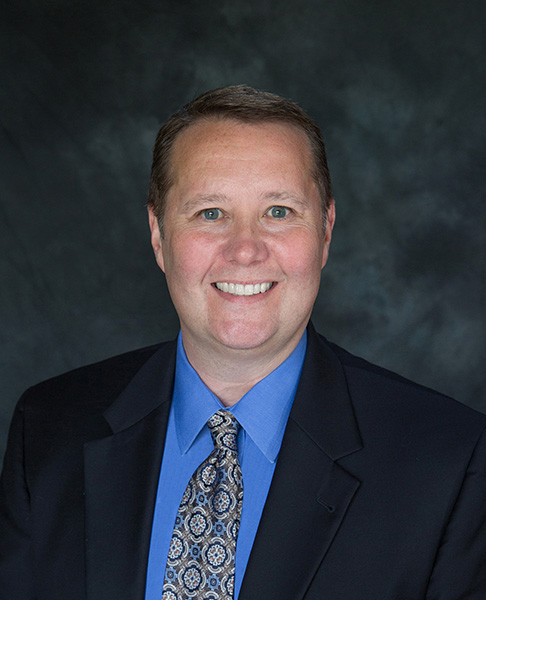 As the area’s most long-standing nonprofit hospice, the leadership of Kansas City Hospice believes that serving our community is important and essential. “Hospice workers spend so much time with families that they come to know and respect their beliefs and traditions,” notes David Wiley, President & CEO. “We have renewed our efforts to be culturally sensitive in as many ways as possible as we serve our diverse Kansas City community.”
As the area’s most long-standing nonprofit hospice, the leadership of Kansas City Hospice believes that serving our community is important and essential. “Hospice workers spend so much time with families that they come to know and respect their beliefs and traditions,” notes David Wiley, President & CEO. “We have renewed our efforts to be culturally sensitive in as many ways as possible as we serve our diverse Kansas City community.”
The pandemic brought many challenges to those saying goodbye or grieving the death of a loved one. The virtual environment it ushered in, however, helped facilitate important changes to grief support, making it more accessible to families and more inclusive of the diversity of those in our community. “The leadership of Kansas City Hospice has made an ongoing investment in caring for the community despite all obstacles,“ states Wiley.






